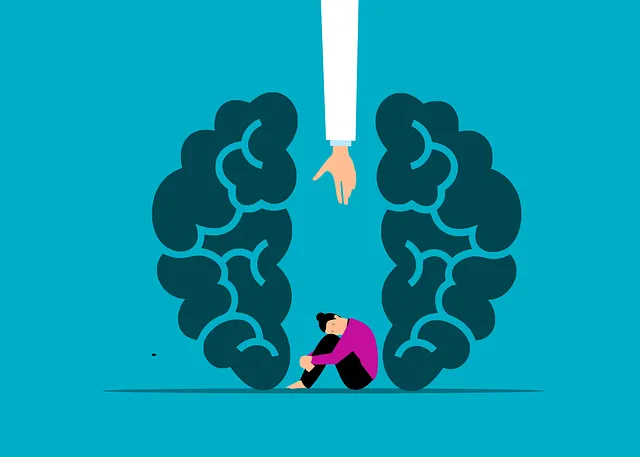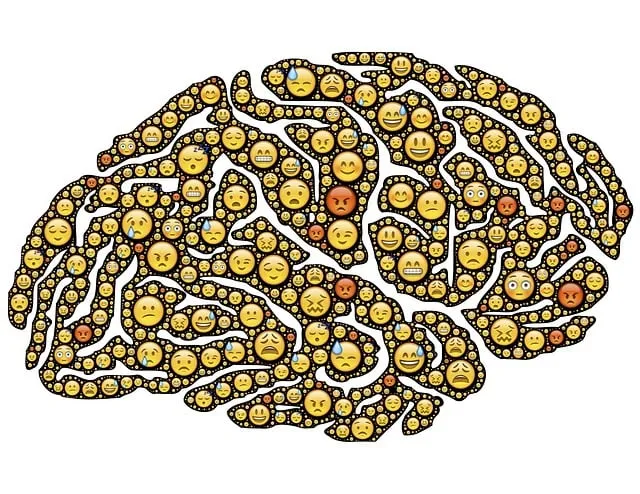The Northglenn Kaiser Permanente psychiatry reviews emphasize the critical role of social skills training in mental health management. Through targeted groups focusing on emotional regulation, active listening, conflict resolution, and assertiveness, professionals enhance patients' confidence and stress reduction. These evidence-based practices, including mindfulness and relaxation techniques, not only improve communication and connections but also advocate for accessible, comprehensive mental healthcare, as reflected in the consistent positive outcomes of the reviews.
Social skills training is a powerful tool for managing mental health conditions, addressing social isolation and improving overall well-being. This article explores the intricate link between social interactions and mental health, delving into how psychiatric professionals integrate social skills training into treatment plans. We examine effective strategies, drawing from successful initiatives at Northglenn Kaiser Permanente psychiatry reviews, demonstrating its potential to transform lives.
- Understanding the Connection Between Social Skills and Mental Health
- The Role of Psychiatry in Social Skills Training
- Effective Strategies for Social Skills Training
- Success Stories: Northglenn Kaiser Permanente Psychiatry Reviews
Understanding the Connection Between Social Skills and Mental Health

Social skills are integral to our overall well-being, and their connection with mental health is a topic of growing interest in the field of psychiatry. Many mental health conditions can impact an individual’s ability to interact and connect with others, leading to feelings of isolation and loneliness. Northglenn Kaiser Permanente psychiatry reviews highlight the importance of addressing these social skills as a crucial aspect of treatment.
Developing inner strength and building confidence through targeted training can empower individuals to navigate social situations more effectively. This, in turn, can lead to improved mental health outcomes. By learning and practicing essential social skills, people with various conditions, such as anxiety disorders or depression, can enhance their ability to manage stress, foster meaningful relationships, and improve their overall quality of life.
The Role of Psychiatry in Social Skills Training

Social skills training plays a pivotal role in managing mental health conditions, and Northglenn Kaiser Permanente psychiatry reviews highlight its significance. Psychiatry professionals are integral to this process, offering expertise in diagnosing and treating various psychological disorders while emphasizing the importance of social interaction and communication for overall mental wellness. They facilitate social skills groups, providing a safe space for individuals to learn, practice, and improve their interpersonal abilities.
These sessions cater to diverse mental health conditions, focusing on areas such as emotional regulation, active listening, conflict resolution, and assertiveness training. Through evidence-based practices, psychiatrists contribute to Mental Health Awareness by empowering individuals with the skills necessary to navigate social situations successfully. Moreover, they advocate for Mental Health Policy Analysis and Advocacy, ensuring that social skills training is accessible and integrated into comprehensive mental health care.
Effective Strategies for Social Skills Training

Social Skills Training plays a pivotal role in managing mental health conditions, especially for individuals seeking support from Northglenn Kaiser Permanente psychiatry services. Effective strategies in this training focus on enhancing communication skills and fostering meaningful social interactions. One key approach is to encourage active listening, where patients learn to pay close attention to both verbal and non-verbal cues from others, promoting deeper connections and understanding.
Role-playing exercises are another powerful tool. By simulating various social scenarios, individuals can practice responding calmly under pressure, improving their emotional regulation capabilities. This method also aids in building self-esteem as patients overcome their fears of public speaking or social situations. Additionally, teaching stress reduction methods, such as mindfulness and relaxation techniques, contributes to overall mental well-being, helping to manage symptoms associated with anxiety disorders and other conditions.
Success Stories: Northglenn Kaiser Permanente Psychiatry Reviews

Many individuals with mental health conditions face challenges in their daily lives, often stemming from a lack of social skills and interaction. Northglenn Kaiser Permanente Psychiatry reviews highlight the transformative power of targeted training programs designed to enhance these skills. These initiatives have shown remarkable success in empowering patients to navigate social situations more confidently.
The reviews consistently mention how structured programs, incorporating strategies like burnout prevention for healthcare providers and compassion cultivation practices, have positively impacted participants’ mental health awareness. By learning essential social skills, individuals can improve their relationships, reduce feelings of isolation, and better manage stress—all crucial factors in maintaining long-term well-being.
Social skills training has emerged as a powerful tool in addressing mental health conditions, offering a holistic approach to treatment. As evidenced by the success stories from Northglenn Kaiser Permanente psychiatry reviews, integrating these strategies into psychiatric care can significantly improve patients’ social functioning and overall well-being. By fostering better communication, empathy, and relationship building, social skills training empowers individuals to navigate social interactions with confidence, leading to enhanced mental health outcomes. This evidence-based practice is a game-changer in the field of psychiatry, offering hope and improved quality of life for those managing various mental health challenges.






